info@vivavel.com
+919818262686
+919818262686
 info@vivavel.com
info@vivavel.com +919818262686
+919818262686 Aortic aneurysms often develop gradually and may not show symptoms until they become large or rupture. However, some common signs and symptoms include:
Aortic aneurysms often develop gradually and may not show symptoms until they become large or rupture. However, some common signs and symptoms include:

 The exact cause of aortic aneurysms is often unclear, but several factors can contribute:
The exact cause of aortic aneurysms is often unclear, but several factors can contribute:
 It is essential to seek immediate medical attention if you experience severe pain in your chest, back, or abdomen, particularly if you also have symptoms such as fainting or a rapid heart rate.
It is essential to seek immediate medical attention if you experience severe pain in your chest, back, or abdomen, particularly if you also have symptoms such as fainting or a rapid heart rate.
Early detection can save lives.
 Doctors use various tests to diagnose aortic aneurysms, including:
Doctors use various tests to diagnose aortic aneurysms, including:
 Do's:
Do's:
 Don'ts:
Don'ts:
NOTE:
Our medical content authors have diligently gathered and synthesized information on this topic to offer valuable insights to our readers. Drawing from a range of reputable medical journals and health resources, this content aims to enhance understanding of the subject. It's important to remember that while this information is informative, it should not replace personalized consultation or treatment from a qualified physician. For further details, please refer to our Editorial Policy.
For this topic, our authors used some of the following resources:





![]() Pusa Road, Radha Soami Satsang, Rajendra Place New Delhi, 110005 India
Pusa Road, Radha Soami Satsang, Rajendra Place New Delhi, 110005 India
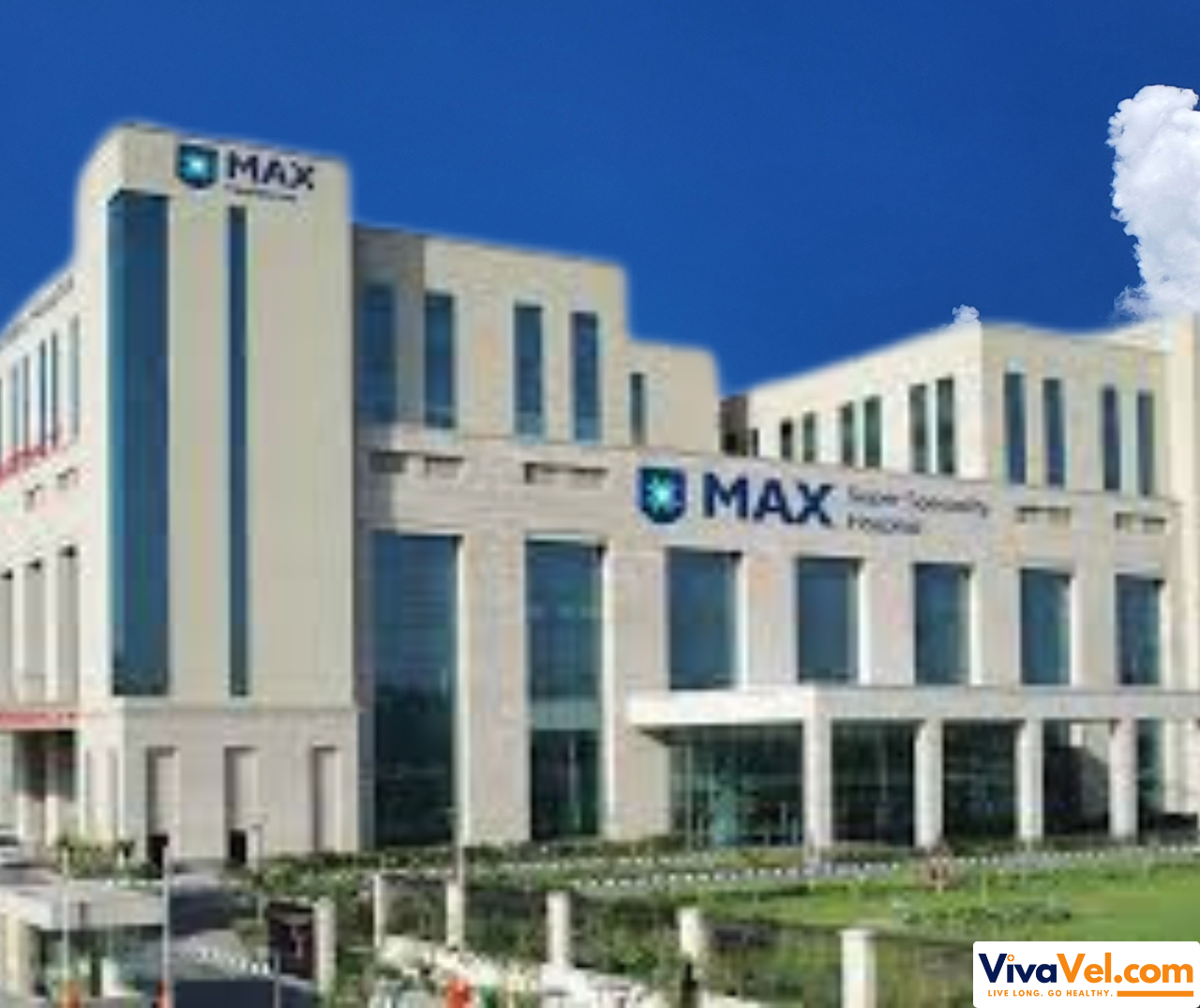


![]() Mussoorie, Diversion Road, Dehradun, Uttarakhand 248001
Mussoorie, Diversion Road, Dehradun, Uttarakhand 248001
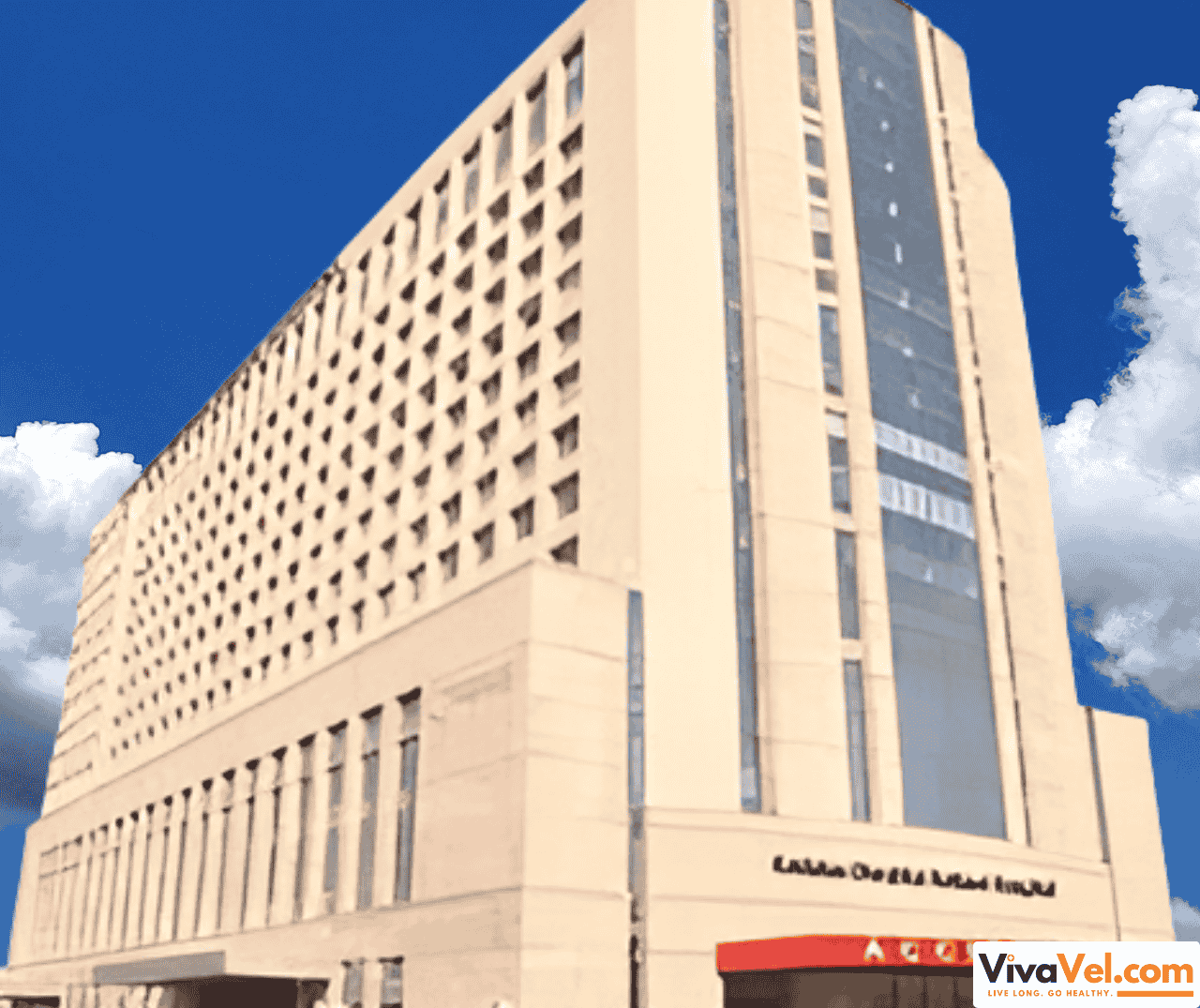



![]() Rao Saheb, Achutrao Patwardhan Marg, Four Bungalows, Andheri West Mumbai, 400053 India
Rao Saheb, Achutrao Patwardhan Marg, Four Bungalows, Andheri West Mumbai, 400053 India
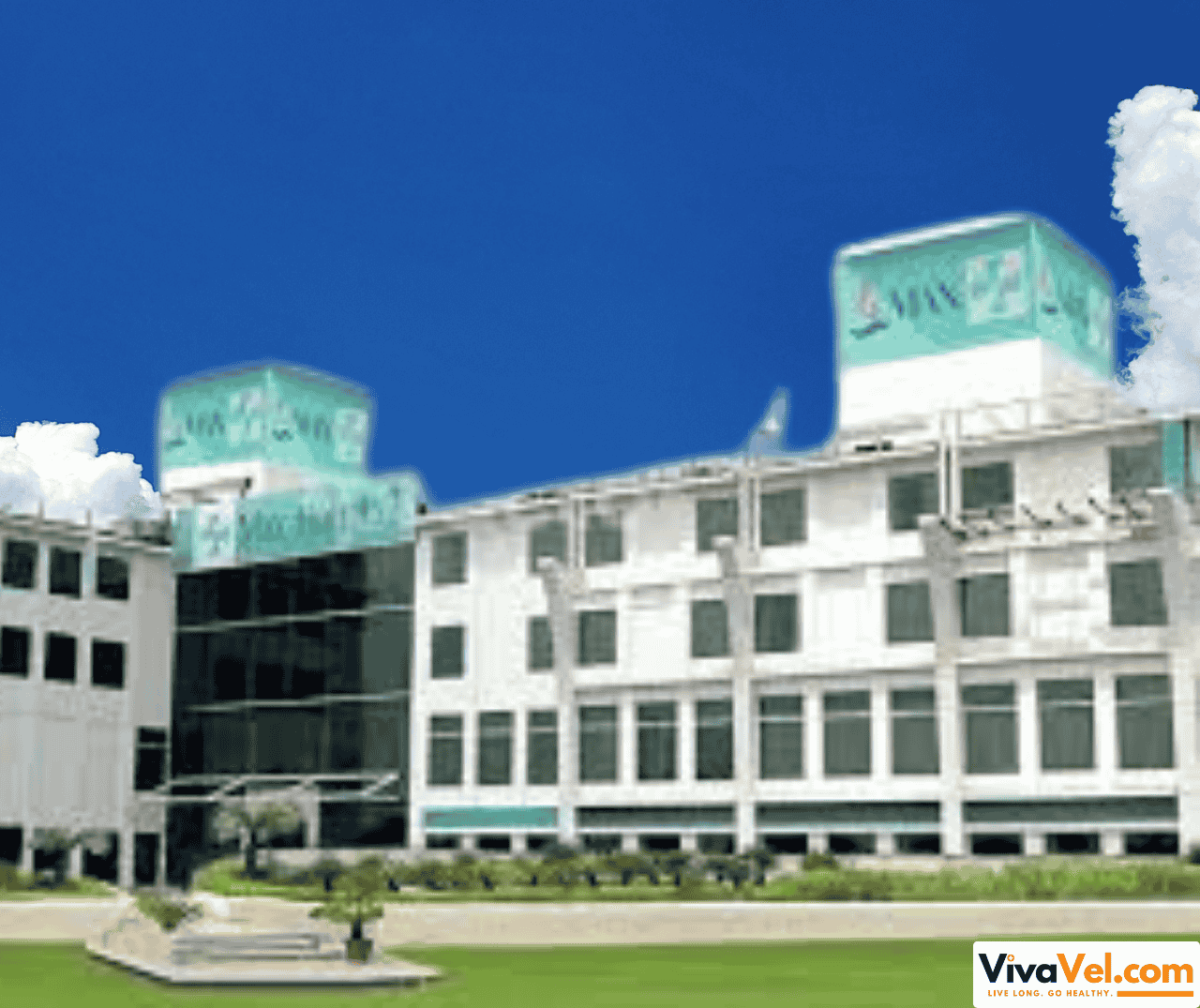


![]() B Block, Sushant Lok 1, Near Huda City Centre, MF Husain Marg, Sector 43 Gurgaon, 122001 India
B Block, Sushant Lok 1, Near Huda City Centre, MF Husain Marg, Sector 43 Gurgaon, 122001 India
_3.png)


![]() Manipal Hospital Bangalore, 560017 India
Manipal Hospital Bangalore, 560017 India
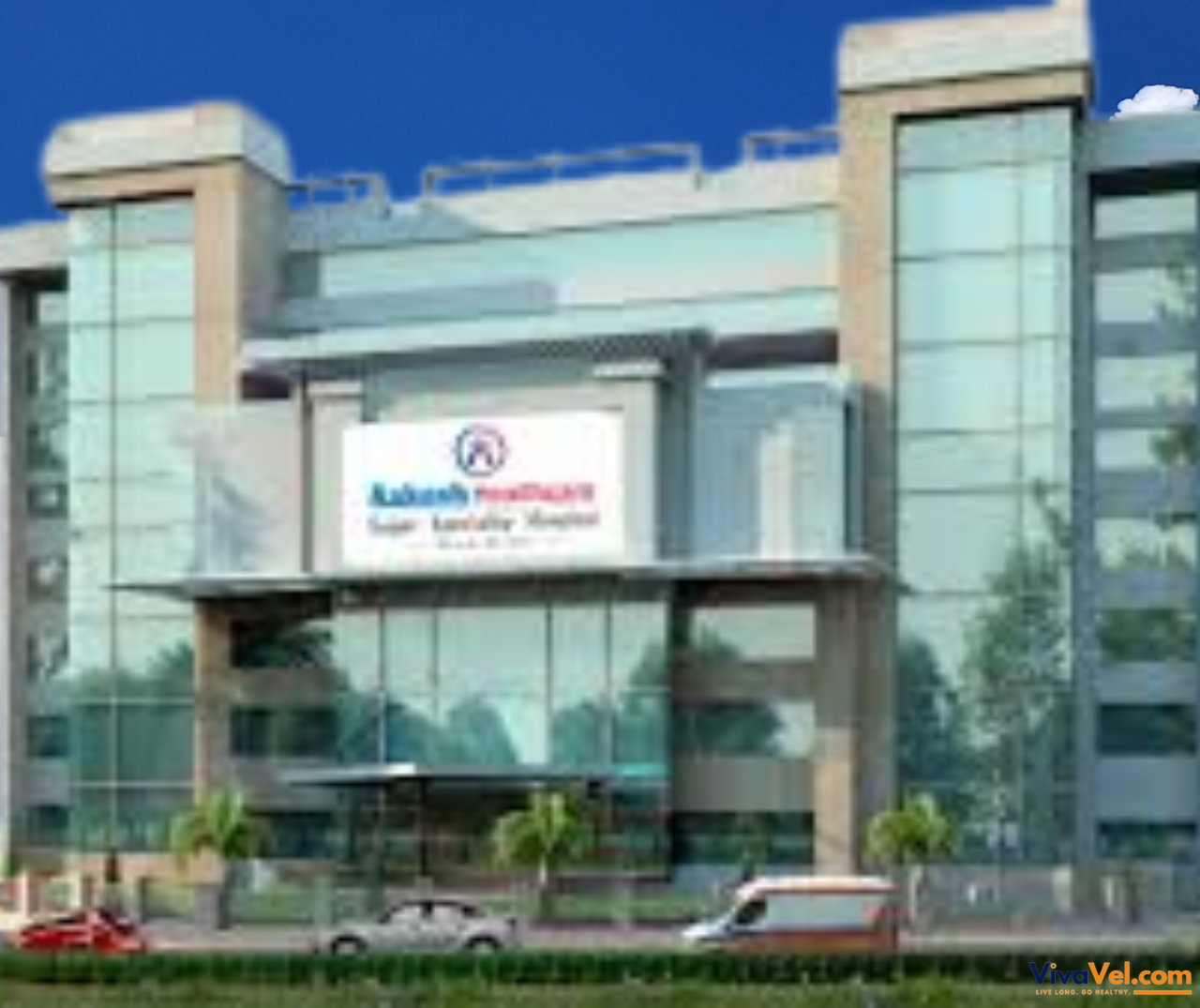


![]() Hospital Plot, Road No. 201, Dwarka Sector-3, Dwarka, New Delhi, 110075 India
Hospital Plot, Road No. 201, Dwarka Sector-3, Dwarka, New Delhi, 110075 India

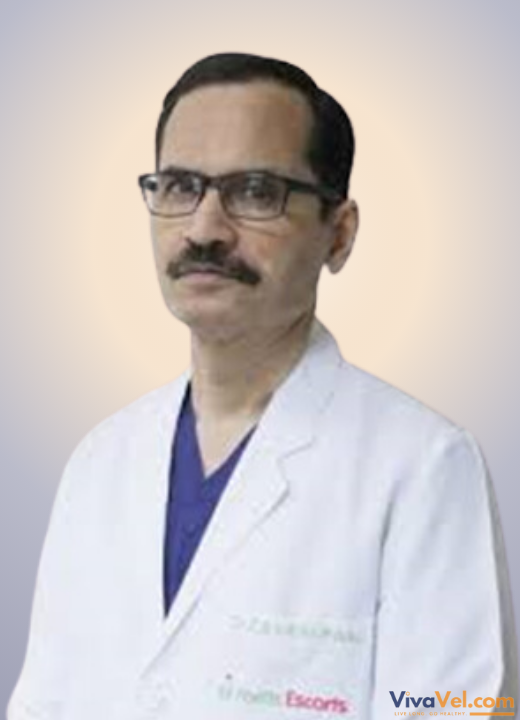
Dr. Z.S. Meharwal is the Chairman and Head of the adult Cardiac Surgery, Heart Transplantation, and VAD program at Fortis Escorts Heart Institute. He is part of the i...
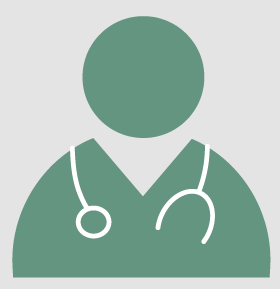
Dr. Shiv Kumar Choudhary has built a prestigious career in cardiovascular and thoracic surgery and is a highly renowned cardiac surgeon. He serves as the Executive Di...
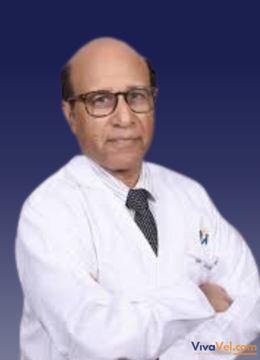
Dr. Jaisom Chopra is a highly skilled vascular surgeon renowned for his extensive experience in both domestic and international medical practices. After completing hi...

Over the past 25 years, Dr. Rakesh Mahajan has been instrumental in developing the Department of Vascular Surgery at Indraprastha Apollo Hospitals, New Delhi, into one of the...


Treatment Plan & Cost within 2 days
